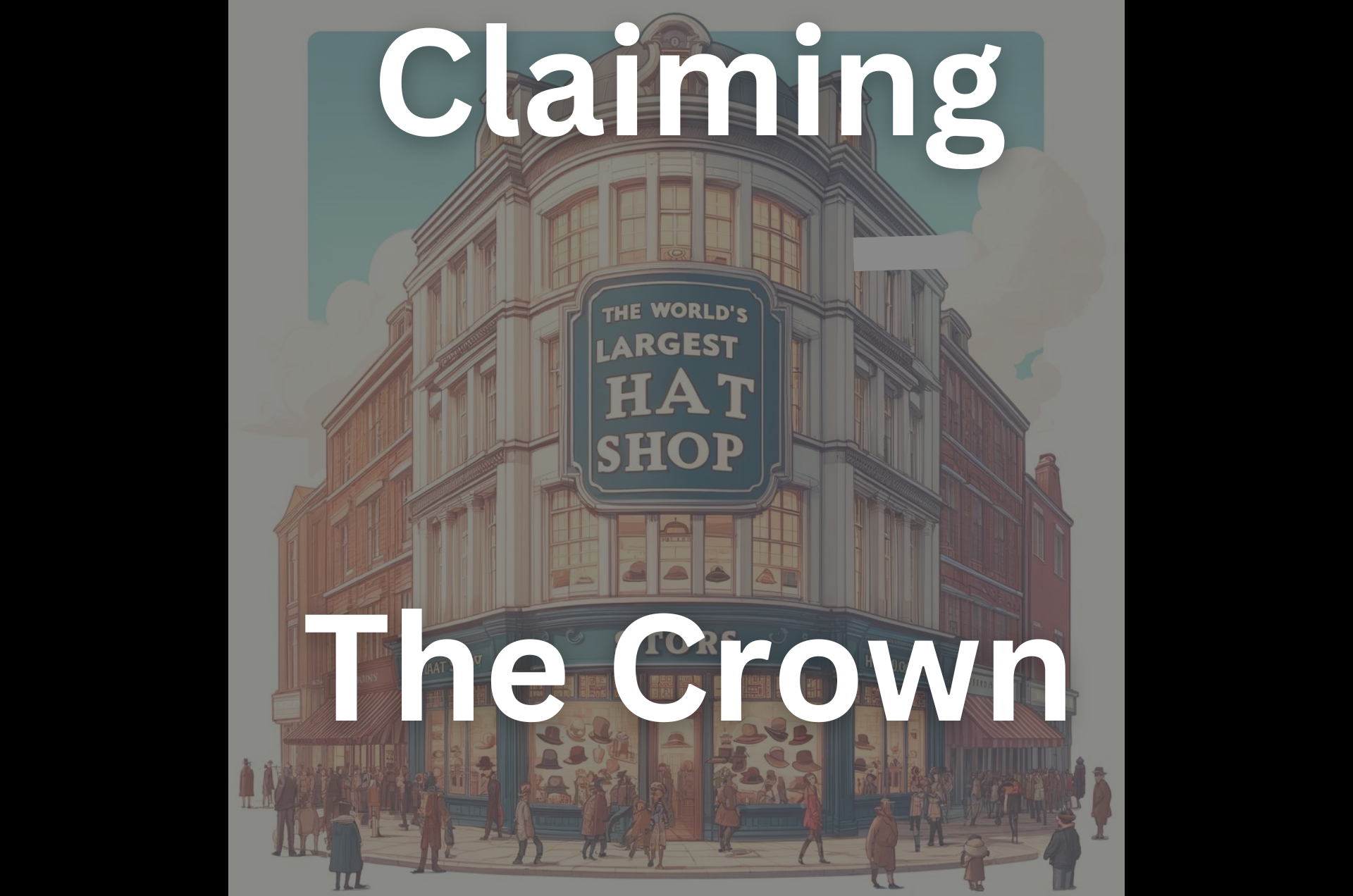**Disclosure:** We believe in honesty and transparency to the fullest extent. Some of the links on this blog are affiliate links, meaning, at no additional cost to you, we will earn a commission if you click through and make a purchase. This is one of the simplest ways you can support us.
In the fiercely competitive business landscape, differentiation is key. One common approach that companies employ is branding themselves as the “world’s largest” or “nation’s largest” provider in their sector. This article explores whether such claims hold significant value and the concrete advantages or drawbacks they bring to a business.
Advantages of Positioning Your Business as the “World’s” or “Nation’s Largest”:
- Enhanced Brand Perception: The label of being the largest can elevate a company’s stature, positioning it as a formidable and credible entity in its industry.
- Increased Consumer Trust: There’s a general assumption that bigger companies are more dependable, which can translate into higher consumer trust and loyalty.
- Expanded Business Opportunities: The stature of being the largest can attract valuable partnerships and collaborations, as other entities might see benefits in associating with a market leader.
- Greater Media Visibility: Achieving this status often results in increased media attention, which can enhance brand visibility and support marketing efforts without additional cost.
- Workforce Morale and Attraction: Employees typically take pride in their association with an industry leader, which can boost morale and attract top talent.
Disadvantages of Claiming the Title of “World’s” or “Nation’s Largest”:
- Heightened Expectations: Such a title comes with high customer expectations for quality, service, and overall experience. Not living up to these can harm the company’s reputation.
- Intense Public Scrutiny: The spotlight that comes with being the largest can also invite more scrutiny and criticism, making every decision and error more conspicuous.
- Increased Competitive Challenges: Competitors might specifically target the largest player in their strategies, emphasizing their own advantages over those of the leader.
- Risk of Organizational Complacency: There’s a danger that achieving top status might lead to complacency, with less emphasis on innovation and improvement.
- Importance of Authenticity: Any claim of being the largest must be verifiable. Misrepresentations can lead to public relations issues, especially in an era where consumers value honesty and can readily verify facts.
Deciding If It’s the Right Move for Your Business:
The decision to market your business as the “world’s largest” or “nation’s largest” should be made with caution. While it can confer significant benefits and establish market dominance, it also comes with substantial responsibilities and potential risks.
Before adopting this strategy, ensure:
- Verification of Claims: Your claims should be substantiated with irrefutable data.
- Readiness for Increased Expectations: Consider whether your business is equipped to handle the heightened expectations that come with this label.
- Ongoing Commitment to Excellence: Commit to continuous improvement and innovation to sustain your leadership and meet customer expectations.
In summary, while the title of “world’s largest” or “nation’s largest” can serve as a potent marketing tool, it requires a comprehensive understanding of its implications. To truly benefit, businesses must be prepared to uphold the standards and expectations that such a prestigious claim demands.










